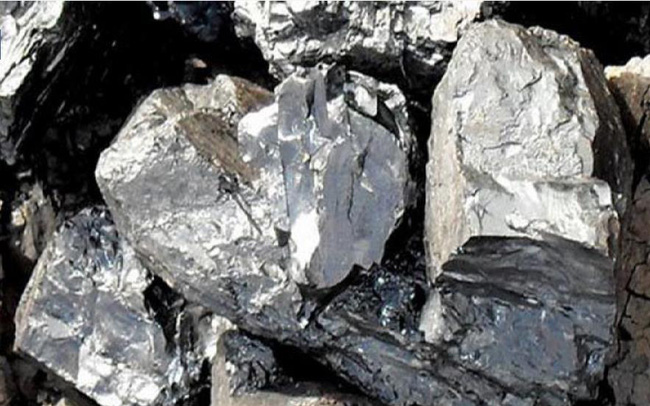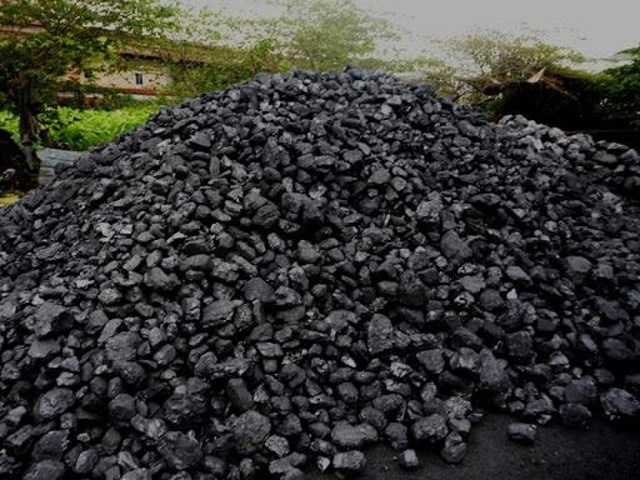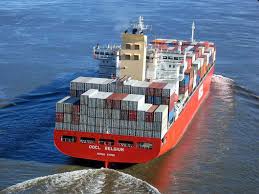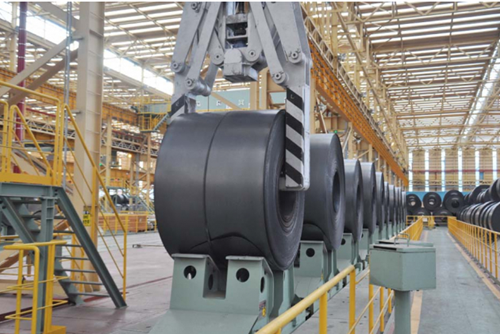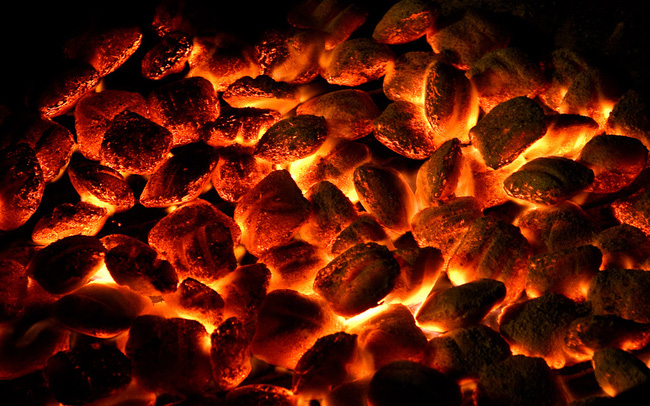Coal remains the fuel that plays an important role in the global electricity supply. To learn more about coal’s contribution to energy supply, check out the following T&G articles
Supplying energy to the world
Coal plays an important role in global electricity supply as it will still contribute up to 22% of total electricity production by 2040. This number is even higher in the emerging markets of the Southeast Asia when coal will provide 39% of electricity by 2040.
Coal plays an important role in improving access to electricity for people across the globe. Access to reliable, affordable and stable energy is a vital requirement for modern living, as guaranteed by the United Nations Sustainable Development Goals. However, there are still more than 3.5 billion people around the world today who lack affordable and reliable access to electricity.
A reliable and affordable power supply is crucial to global development. For many countries, coal provides affordable, reliable energy. As a major source of energy, coal has and will continue to contribute to the goal of ‘energy for all’. The proven energy certificate of coal in providing energy access is proven by 1.7 billion people who first got electricity between 1990 and 2010. Of these, about 93 % did so via coal.
For some regions in rural, renewable energy is the only way to enable access to primary energy. In order to transition from basic access to the level of access necessary for social development, allowing hospitals to fully operate, business and production activities, people need access electricity line. Developing economies need abundant energy—reliable and affordable electricity—to create opportunities and go beyond mitigating the worst effects of extreme poverty. Coal can provide this while also supporting the penetration of renewable energy sources.
Renewable energy merely cannot provide a stable electricity output, because wind and solar do not have a continuoussource available. Proven coal power plants with continuous operation. Similarly, variable renewables cannot provide the required electricity output. As emerging economies grow, so do their energy needs. Coal can supplement electricity in addition torenewable energy and through the use of clean, environmentally friendly coal technologies.
Building a modern society
Coal has powered and built infrastructure in modern society and underpinned the economy for centuries. It is an important building block for development – metallurgical coal, also known as coke, is used to produce coke – the main source of carbon used to make steel and iron alloys. Industrial demand for coal has nearly doubled since 2000 and will continue to grow until 2040 – it is fundamental in making steel and concrete and powering transport carriage.
Coal is used in 70% of the world’s steel production and is an important component of many industrial processes. Steel production ultimately provides goods and services that developing economies need – healthcare, telecommunications, improved agricultural practices, better transportation networks, clean water and Access to reliable and affordable energy. Steel also plays an important role in providing renewable energy – each wind turbine requires 260 tonnes of steel made from 170 tonnes of coke and 300 tonnes of iron ore.
Not only the steel industry, coal is also the most widely used energy source in the production of other energy-intensive materials such as cement, aluminum and lime. These materials are important in the production of transportation and infrastructure materials – from cars, trains and planes to railways, tunnels and bridges. They are also necessary in the construction and development of modern life.
With developing economies
Coal contributes significantly to the development of society and the economy, especially at the local level. Mining coal remains a contributor to many economies, especially in developing countries.
- 6,500,000 people working in coal mining, processing and delivery
- 2,500,000 people working in coal power generation and associated networks
Currently, many millions of people are employed in related industries, such as steel, cement and aluminum, while additional indirect jobs are created in coal-supported industries and businesses.
Much of the coal industry in developing countries is export-oriented and a major source of foreign exchange. Emerging economies continue to see coal as a good choice for future development, but the contribution of coal is not limited to developing countries, as advanced economies enjoy substantial benefits from the operation of the coal industry, both directly and indirectly.
In Queensland, Australia, 20,000 people worked in the coal industry generating A$20 billion in income (2018 figures). Coal exports have generated A$1 billion in royalties, providing a significant source of much-needed funding for public services.
While in Europe, despite a significant decrease in coal production in recent years, the coal markets in Germany and Poland still support more than 160,000 jobs directly and indirectly.
T&G International Joint Stock Company
Address: 352 Hue Street, Le Dai Hanh Ward, Hai Ba Trung District, Ha Noi
Hotline: 0345786803
Email: hrm@tginterjsc.com
Website: http://tginternationaljsc.com




